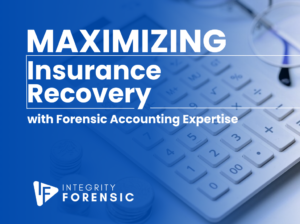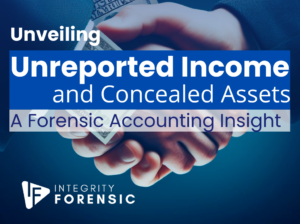Forensic audit is a type of auditing that is specifically designed to detect and investigate fraud, embezzlement, and other financial crimes. In today’s world, where financial crimes are becoming increasingly common, a forensic audit is becoming more and more important for organizations of all sizes. In this blog post, we will discuss the importance of a forensic audit for fraud detection and why it should be a part of your organization’s risk management strategy.
First and foremost, a forensic audit can help identify fraudulent activity that might be occurring within your organization. This type of audit is conducted by a team of professionals who have specialized knowledge and expertise in fraud detection and investigation. They use a variety of techniques to identify suspicious transactions, analyze financial statements, and trace the flow of funds. By conducting a forensic audit, you can uncover any fraudulent activity that might be occurring within your organization and take appropriate action to mitigate the risk.
Secondly, a forensic audit can help prevent future fraudulent activity. Once the fraudulent activity has been identified, the forensic audit team can help identify weaknesses in your organization’s internal controls and recommend changes to prevent similar incidents from occurring in the future. By making these changes, you can significantly reduce the risk of future fraud, which can save your organization a significant amount of money in the long run.
Thirdly, a forensic audit can help provide evidence in legal proceedings. If fraudulent activity has occurred within your organization, it may be necessary to take legal action against the individuals responsible. A forensic audit can provide the evidence that is necessary to support your case in court. This can be particularly important if you are seeking to recover lost funds or damages resulting from the fraud.
Finally, a forensic audit can help protect your organization’s reputation. Fraudulent activity can be damaging to an organization’s reputation, particularly if the fraud is made public. By conducting a forensic audit, you can demonstrate to your stakeholders that you are taking the necessary steps to prevent fraud and protect their interests. This can help to maintain your organization’s reputation and minimize the damage caused by any fraudulent activity.
If you have not yet conducted a forensic audit, we highly recommend that you consider doing so as part of your organization’s risk management strategy.
At Integrity Forensic, we have a team of experienced forensic accountants to assist you. Call now for a free consultation: 855-673-9999 or send us a message at questions@integrityforensic.com.





